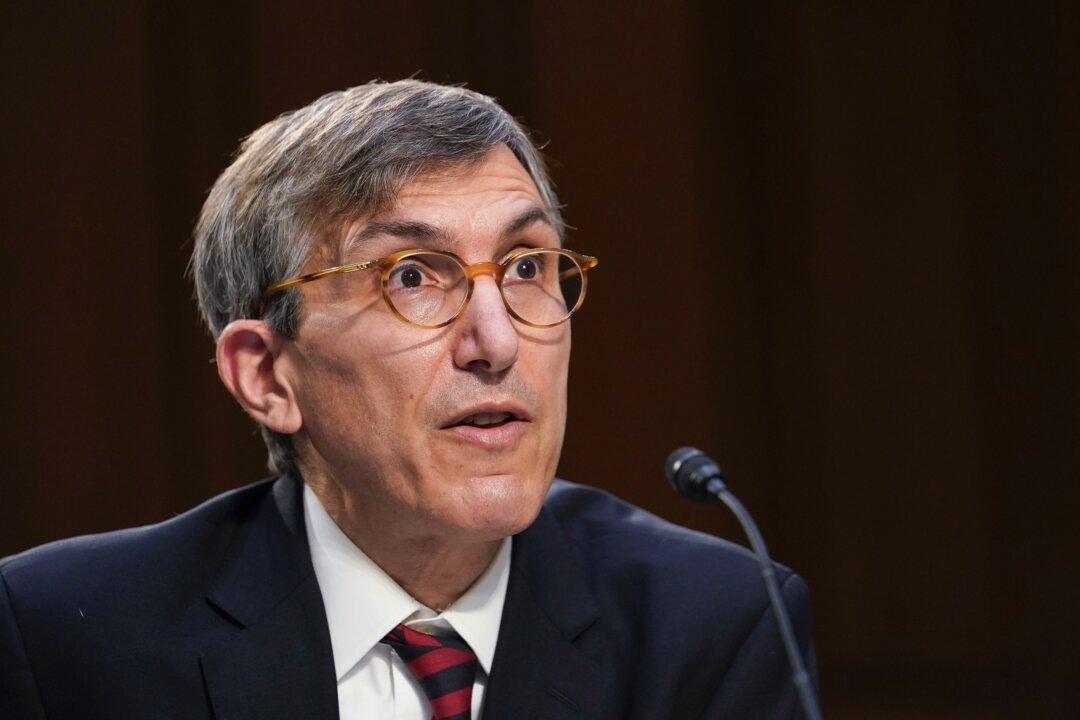A Food and Drug Administration (FDA) official on April 6 defended the agency’s recent decision to authorize fourth COVID-19 vaccine doses for millions of Americans without convening its expert advisory panel.
Dr. Peter Marks, head of the FDA’s Center for Biologics Evaluation and Research, downplayed the authorization, claiming it was not “a major expansion or a major change.”





